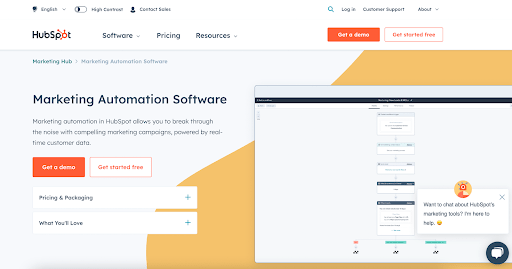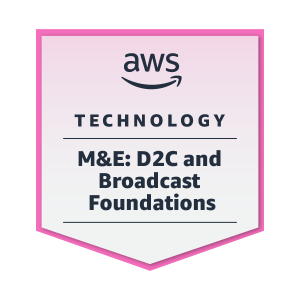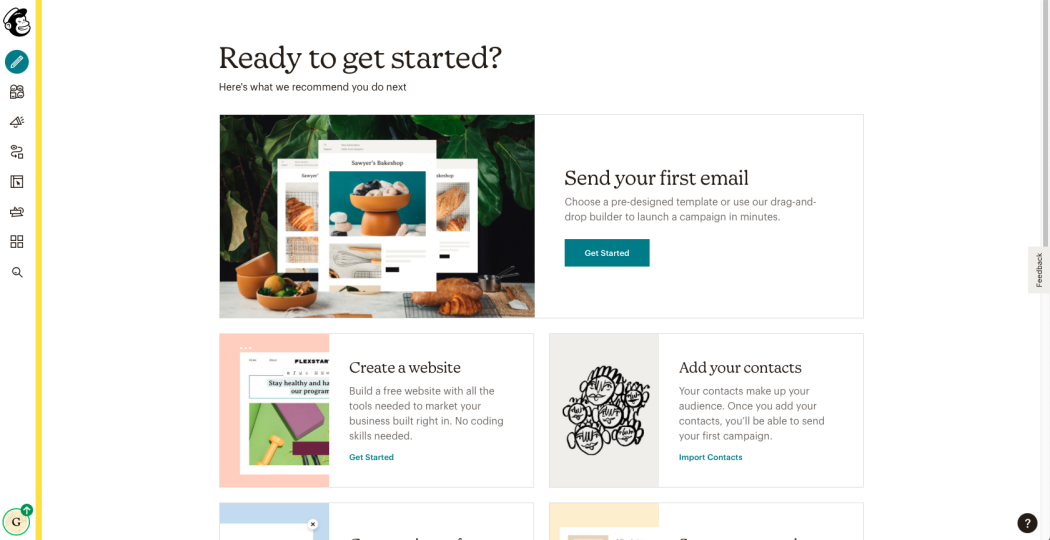
SEO is an assortment of best practices which helps search engines to find and rank content. This ensures the content is useful and relevant. It's at the heart of every digital marketing strategy. It is essential for users to find a website.
Search engine optimization (seo) is the process of directing targeted traffic from Google towards your website. This happens by making your site's content easy to understand for search engines bots. Search engines are looking to deliver the most authoritative and useful results. This helps them gain consumer trust and authority.

Content marketing, on the other hand is about creating useful information and delivering that to your audience in a manner that will make them grateful and interested. When a company is successful, it will gain authority with its consumers and establish relationships that can lead to conversions, sales or other desirable outcomes. When coupled with SEO, content marketing is an essential tool for any business that wants to be seen as an industry leader or expert in its field.
More and more consumers are doing extensive research into products and service before making a purchasing decision. In fact, 55% of buyers rely on online content for this purpose. No matter if they are searching on their phones, computers or tablets, their goal is to reach out to brands when they need them. The only way to achieve this is to provide them with content that answers their questions and satisfies all of their needs.
In order to do this, marketers need to take the time necessary in order understand their audience's questions and concerns and respond in an engaging and informative manner. It is important to include user intent when creating SEO content.
Always remember to write for your readers, and not the search engines. When creating SEO content, it's important to consider your audience's needs, concerns, and questions. This will allow you to create a topic that is both informative and useful.

You'll also want to concentrate 80% of your efforts on keywords that are evergreen and have a constant amount of searches every month, while 20% of your SEO efforts should be focused on topics that are trending that may be relevant to your audience. You'll be able to produce a large amount of useful and relevant SEO content, while avoiding overuse or keyword stuffing that could negatively affect your rankings. Use tools such as Ahrefs and Semrush for tracking your performance. You can see your content's ranking over time in search engine results. These tools will provide you with the metrics and data you need to assess the success of your marketing strategy and make necessary adjustments.
FAQ
What is WordPress marketing automation?
WordPress marketing automation is a tool that automates, streamlines, and effectively manages all communications and online content related to marketing. It includes email campaigns, social media posts and advertising. Automated tasks are easier to execute than manual ones.
This helps businesses not only save their time but also ensures consistent brand promotion every time they use multiple channels. Automating complex tasks such data analysis and segmentation can be simplified so that marketers are free to create strategies based solely on the right insights and not having to manually go through enormous amounts of data.
WordPress marketing automation is a powerful tool that allows you to automate lead nurturing workflows. It also lets you set up triggers to send emails based only on certain visitor activities. You can personalize customer journeys with customized messages that will meet the needs and expectations of your customers. Also included are tracking detailed reports about website activity and ROI performance to measure the effectiveness of campaigns over time.
Essentially, WordPress marketing automation allows businesses to automate mundane operations while improving their overall marketing performance by utilizing better resources available at their disposal--all while keeping costs low.
Marketing automation: Is it a skill?
Marketing automation is more than a tool. Marketing automation is a skill. It requires planning and precision as well understanding industry trends and analytics.
Knowing when and where to place campaigns can be the difference between success, failure and success. It is important to tailor emails to each recipient's needs, interests, preferences and behaviors so that they resonate.
Tracking performance metrics and analysing data points are important components of marketing automation. However, improperly applied can lead to mutually contradictory outcomes.
Market automation should be treated like a skill. It requires focus, effort, and time to get it working the way you want.
What is SEO Automation?
Automation in SEO means the use technology to automate marketing-related tasks. Automation helps reduce time, costs, and improve the efficiency of execution. Automation can help streamline SEO activities such as content creation, keyword research, link building, SEO recommendations, reporting, and much more. Automated SEO solutions provide data-driven analysis that identifies high-value opportunities which are otherwise difficult to find using traditional search engine optimization methods.
These days, there's almost nothing related to SEO that can't automatically be done--and that includes everything from monitoring website performance and competitor insights to optimizing your content for better search engine rankings.
Teams can now focus their time on strategic initiatives instead of getting bogged down with manual tasks. Automation allows them to automate in the background. Automation helps to deliver rapid improvements across many metrics in order to maximize ROI and save valuable resource.
It allows you to stay on top of all the changes that take place in search engines. This ensures your website remains relevant in an ever-changing digital landscape.
Automating content creation and distribution can help you do it more efficiently. Automated SEO tools make it easy to create keyword-rich content that is relevant to your target audience. Automation can be used to publish content across multiple channels including blogs and social media. This allows you to reach a larger audience and improves your visibility on search engine result pages (SERPs).
What are the main types of marketing automation available?
Marketing automation is a powerful tool. It allows you to stay in touch with your customers, optimize marketing activities, make better decisions and communicate with them. It can help save time, increase sales, or improve customer satisfaction.
There are many types of automated marketing systems. Depending upon your business's needs and budget you may be interested in:
-
Overall Automation platforms - These comprehensive tools allow you to manage all aspects related to your marketing efforts from one central location.
-
Email Automation Software: This software allows customers to establish relationships by sending personalized emails that are customized to their preferences.
-
Lead Management Systems - Designed for companies to track leads from the beginning stages until they convert into paying customers.
-
Content Creation Tools - Tailor content designed specifically for various audiences and measure effectiveness in real-time.
-
Social Media Management Solutions -- Streamline all posts and comments associated with social networking accounts into one dashboard, allowing for quick action.
-
Analytics & reporting platforms - You can keep track of what is working and what isn’t, and adjust strategies accordingly.
Marketing automation can also help you create personalized customer experiences. HubSpot, Pardot and other automation tools allow companies to segment customers based upon their preferences and behaviors. This allows you customize messages and content for each group to create a personalized experience for each client. Automation can also be used to monitor customer activity and engagement, allowing you to better understand their needs.
Marketing automation is a powerful tool which can save businesses time and increase efficiency. It streamlines processes, lowers costs, and creates personalized customer experiences. Businesses can get a competitive edge on the market and reach more people in a much shorter period of time by using the right automation software. Automation helps you track customer activity, engagement and adjust your strategy accordingly. Marketing automation is a powerful tool that can help businesses compete in today's market.
Statistics
- Companies that implement this kind of lead scoring enjoy 28% better sales productivity and 33% higher revenue growth than companies without lead scoring (MarTech Alliance). (marketo.com)
- The stats speak for themselves: Marketing automation technology is expected to show a 14% compounded annual growth rate (CAGR) over the next five years. (marketo.com)
- The highest growth for “through-channel marketing automation” platforms will reach 25% annually, with “lead-to-revenue automation” platforms at 19.4%. (marketo.com)
- It can help reduce administrative overheads to savings of 3.4% on average, with most companies saving between 1.5% and 5.2% (Lido). (marketo.com)
- Even if your database is currently filled with quality leads, how effective will your marketing automation be when you've either converted all those leads into customers or when your database begins decaying by ~22.5%/year? (hubspot.com)
External Links
How To
How do I use automation to optimize the distribution of my content?
Stop wasting time manually distributing your content and start using automation. Automation helps speed up the process, ensuring that your content is visible in all the right places and at the right times.
Automated content distribution makes it easy to create a schedule that will dictate when your story is distributed. You'll know it will be seen. This frees up bandwidth so you can focus on strategy, rather than the little details.
Automation allows you to keep in touch with your social media followers quickly and easily. Automating posts can help you increase engagement, gain followers, and build lasting relationships.
Stay agile in a changing market with complete automation processes for target audience audiences in seconds. Everything is already set up and ready-to-go with next-level efficiency.
Automation can also be used for scheduling content. These data will help you to understand how your content is performing and make any necessary adjustments. Automating tools can provide you with detailed insight into how your content is performing. For example, which channels drive the most traffic and what content resonates best with your audience. This data allows you to tailor your content so it meets the needs of your target audience. You can also optimize your content distribution in order to make your content more impactful.